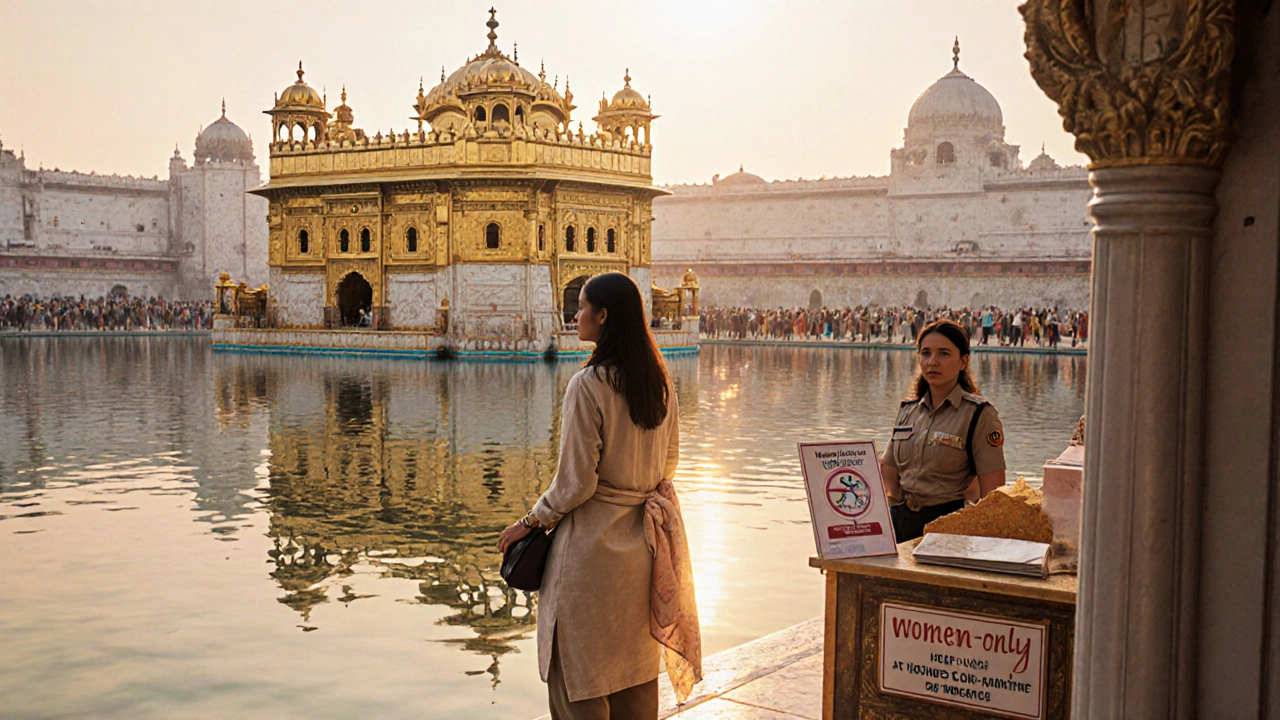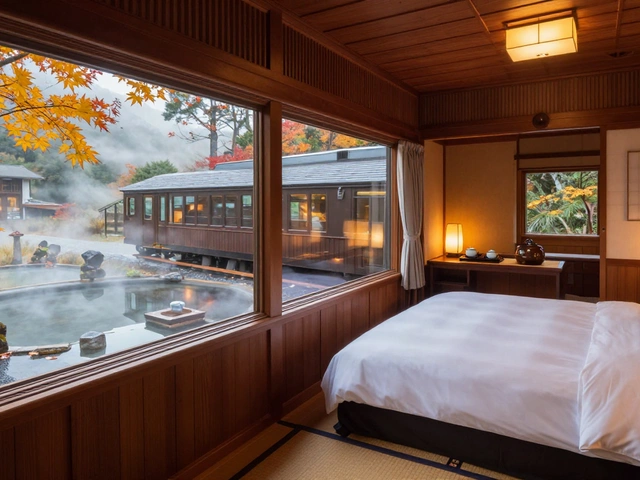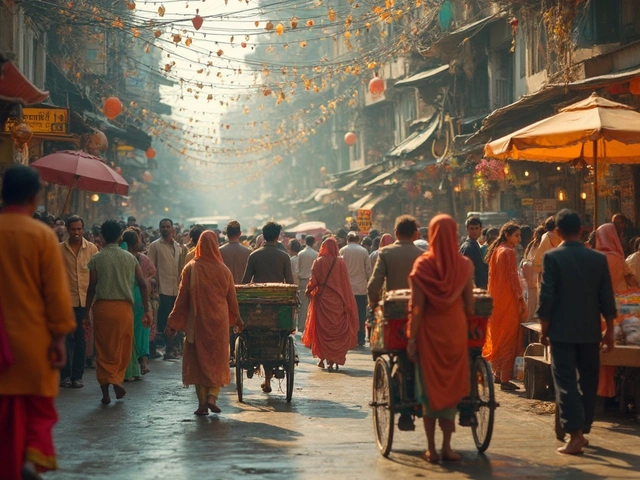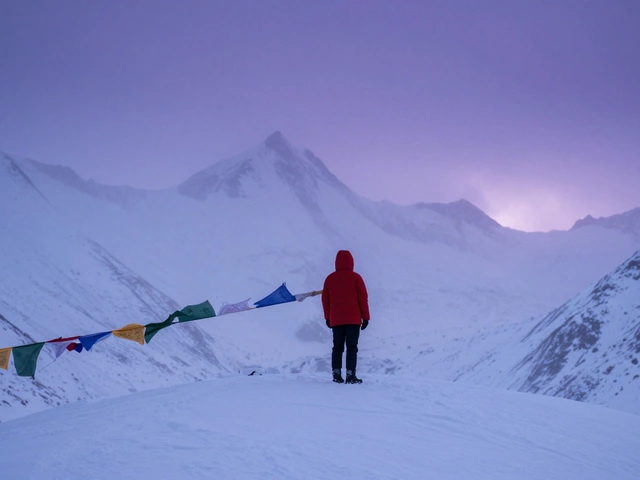Punjab Women Travel Safety Checklist
Wondering if Punjab safety for females is a real concern? You’re not alone. Many solo women explorers ask the same question before booking a train or a hostel in the land of golden fields. This guide breaks down the facts, shares on‑the‑ground tips, and points you to the resources that keep you safe while you soak up the culture.
Key Takeaways
- Punjab ranks around the Indian average for women‑specific crime, but hotspots exist in major cities.
- State police and dedicated tourist police units respond quickly in Amritsar, Chandigarh, and Ludhiana.
- Dress modestly, use women‑only compartments on trains, and stay in verified female‑friendly accommodations.
- Keep the 1091 women‑helpline, local police numbers, and your embassy contact handy.
- Join reputable travel groups on social media for real‑time alerts and buddy‑system options.
First, let’s set the scene.
When you think of Punjab is a north‑Indian state celebrated for its hearty cuisine, bustling bazaars, and the iconic Golden Temple. With a population of over 30 million, it’s the most densely inhabited state in India. The blend of urban energy and rural serenity makes it an attractive stop for cultural travelers.
What the Numbers Say
According to the 2023 National Crime Records Bureau (NCRB) report, Punjab recorded 2,800 cases of crimes against women, translating to roughly 9 cases per 1,000 women. That figure mirrors the national average and is lower than many other northern states like Uttar Pradesh. However, the type of incidents matters. A sizable chunk (about 35 %) involved harassment in public spaces, while 20 % were linked to transportation.
These stats are useful, but they don’t paint the whole picture. Local law enforcement has stepped up in recent years, especially after the 2018 Protection of Women from Domestic Violence Act amendment that forced states to set up fast‑track courts for gender‑based crimes. Punjab now operates a dedicated Women Safety Cell in each major district, which monitors complaints and coordinates with the Tourist Police to ensure quick response for travelers.
City‑Specific Safety Snapshot
Amritsar - The spiritual heart of Sikhism draws millions yearly. The city’s police have a 24‑hour women‑only help desk near the Golden Temple, and the Amritsar Tourist Police patrol the main market (Hall Bazaar) during evenings. Street harassment does happen, but it’s usually deterred when locals see a group of women traveling together.
Chandigarh - As a planned capital city, Chandigarh boasts wide roads, good street lighting, and a reputation for safety. The city’s Chandigarh Police Women’s Cell runs a “Safe Walk” program where female volunteers escort lone travelers after dark on selected routes.
Ludhiana - Known for its industrial vibe, Ludhiana records a slightly higher harassment rate than Amritsar. Travelers recommend staying in the city center, avoiding isolated warehouses, and using rides from reputable apps that offer in‑car “SOS” buttons.
Transportation Tips
Trains are the backbone of Indian travel. Indian Railways now provides women‑only compartments on most long‑distance routes, including the popular Delhi‑Amritsar Shatabdi. Book these cabins early, as they fill up fast.
For intra‑state hops, use state‑run buses that have separate women’s sections. If you ride a private taxi, ask the driver to keep the windows up and the AC on-this reduces unwanted attention.
When you rent a scooter in Chandigarh or Amritsar, wear a helmet, keep your registration papers visible, and avoid night rides unless you’re absolutely sure of the route.
Accommodation Choices
Look for hostels or hotels that explicitly market “female‑friendly” rooms. Many backpacker hostels in Amritsar have a separate dormitory for women, complete with lockable lockers and a resident female staff member on duty. In Chandigarh, several boutique hotels offer single‑sex floors and 24‑hour front‑desk security.
Read recent reviews on platforms like Hostelworld or Agoda-search for keywords such as “safe” and “female”. A quick check of recent guest photos can also give you a sense of how well‑lit the corridors are.
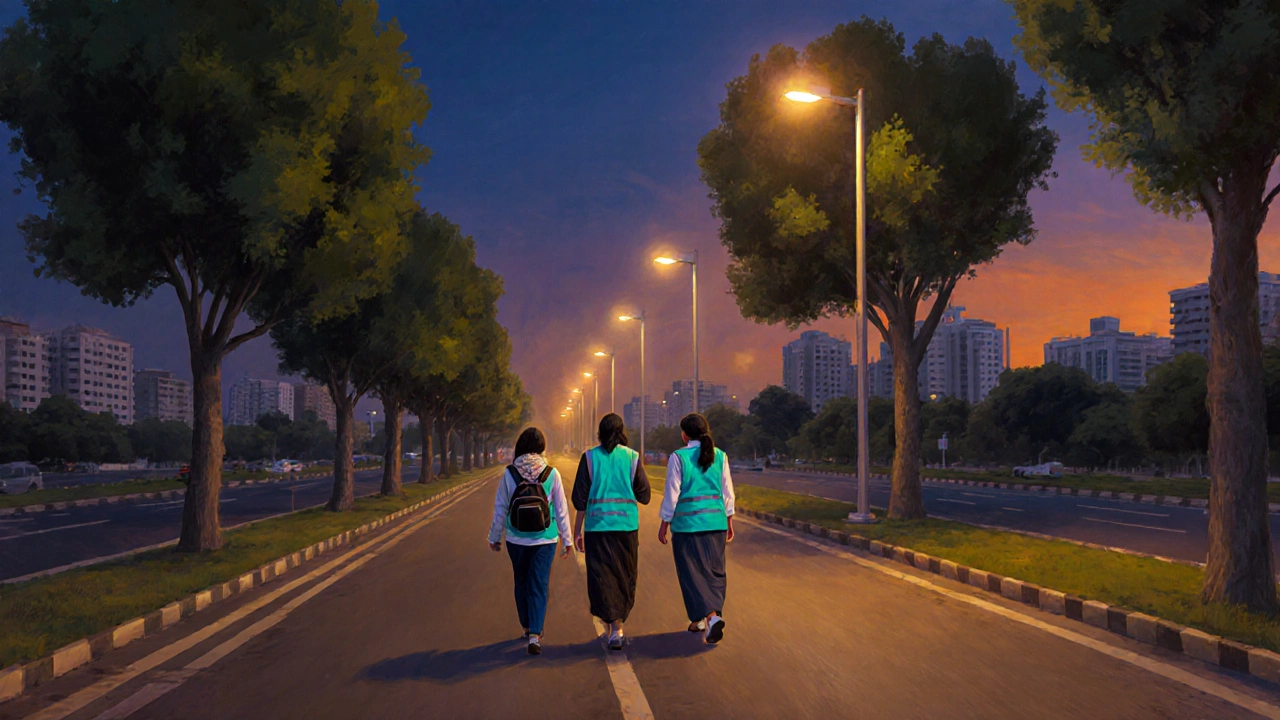
Dress Code & Cultural Etiquette
Punjab is fairly moderate, but modest dress helps you avoid unwanted stares. A long‑sleeve shirt or kurta with loose‑fit pants works well. In holy sites like the Golden Temple, women are required to cover their heads-carry a scarf in your bag.
Avoid walking alone at night in poorly lit alleys. If you’re heading to a night market, bring a friend or join a group (many local women’s travel clubs organize weekly meet‑ups). Respect local customs-asking for a photo is fine, but always request permission first.
How to Get Help Fast
The Indian government runs a 24‑hour women’s helpline, 1091. Dial this number from any phone, and a trained operator will route your call to the nearest police station.
Each district also lists a dedicated Women Safety Helpline number-keep it saved in your phone. For example, Amritsar’s number is 0172‑247‑1234.
If you’re an international traveler, contact your embassy’s consular service. They can liaise with local police and arrange safe transport back to a hotel.
Real‑World Stories
Emma, a solo backpacker from Canada, shared on a travel forum that she felt safe in Amritsar because the hostel staff escorted her to the train station at night. “The staff handed me a police‑issued badge that proved I was a registered guest-anyone who approached me was told to step back,” she wrote.
Ravi, an Indian solo female traveler, recounted a brief incident in Ludhiana where a bus driver tried to overcharge her. She quickly showed the driver the “Women‑Only” sign displayed on the bus, and the driver corrected the fare within minutes.
These anecdotes illustrate that knowledge and preparedness often turn a potentially uncomfortable moment into a manageable one.
Safety Checklist Before You Go
- Research your itinerary and note the location of police stations and women’s helplines.
- Book women‑only train compartments or bus seats well in advance.
- Reserve accommodation that advertises female‑friendly amenities; confirm security measures.
- Pack a lightweight scarf, a portable door alarm, and a copy of your ID (passport and visa).
- Download trusted ride‑hailing apps that offer an SOS button and driver tracking.
- Join a reputable travel community (e.g., “Women Who Travel India” on Facebook) for live updates.
- Keep emergency numbers (1091, local police, embassy) saved in your phone and written on paper.
- Tell a friend or family member your daily itinerary; share location via a trusted app.
Final Thoughts
Punjab is not a “danger zone” for solo women, but like any destination, it demands awareness. The state’s improving law enforcement, dedicated women’s safety cells, and a growing network of female‑friendly accommodations make the experience smoother than many travelers expect. By planning ahead, respecting local norms, and staying connected to trusted resources, you can explore the Golden Temple, the bustling bazaars, and the rolling wheat fields with confidence.
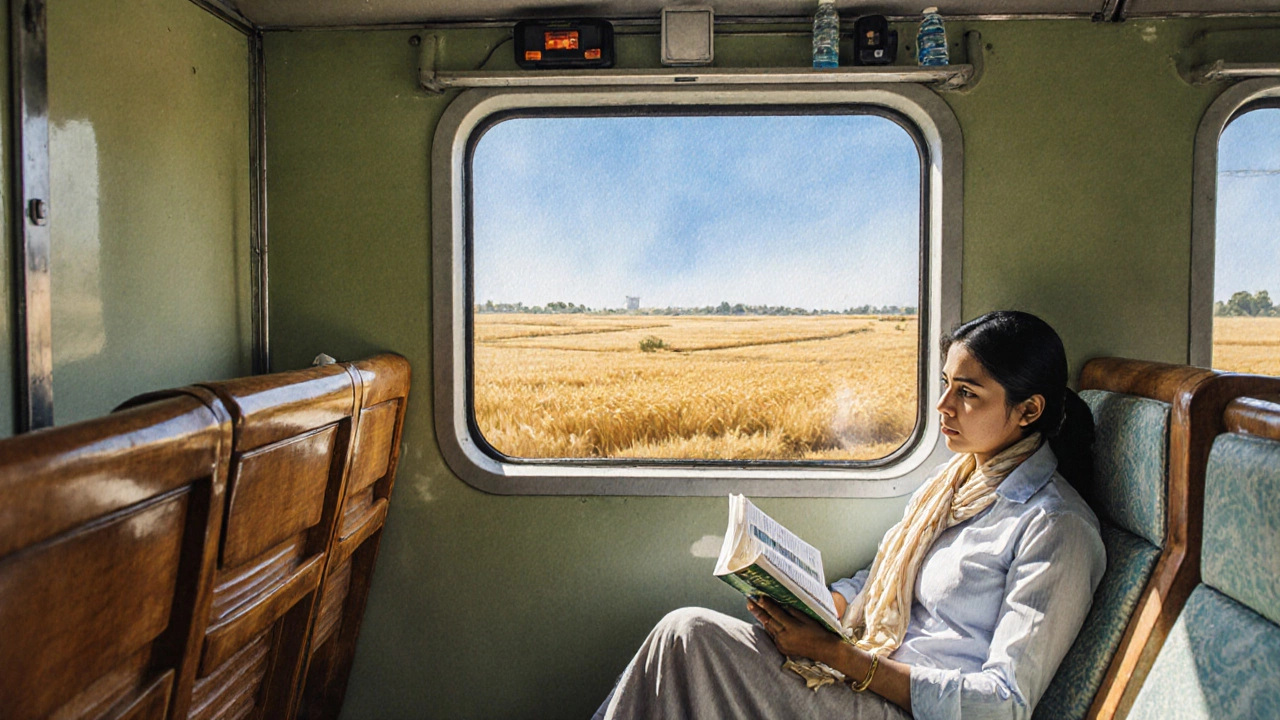
Is it safe to travel alone as a woman in Punjab?
Yes, solo travel is generally safe in Punjab if you follow standard precautions-stay in female‑friendly hostels, use women‑only train compartments, and keep emergency numbers handy.
What are the most reliable transport options for women?
Book women‑only cabins on Indian Railways, use state‑run buses with separate women’s sections, and rely on ride‑hailing apps that feature an SOS button.
Which cities in Punjab require extra caution?
Amritsar and Chandigarh have strong police presence and women’s safety cells, making them the safest. Ludhiana has a slightly higher harassment rate, so stay in well‑lit areas and use reputable transport.
How can I contact local authorities quickly?
Dial 1091 for the national women’s helpline. Each district also has a dedicated women‑safety helpline; for example, Amritsar’s is 0172‑247‑1234. Keep these numbers saved in your phone.
Are there any cultural dress codes I should follow?
Modest clothing helps avoid unwanted attention. Long‑sleeve tops, loose pants or a kurta, and a scarf for temple visits are recommended.
